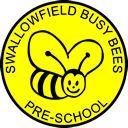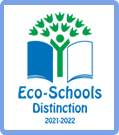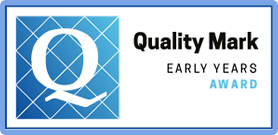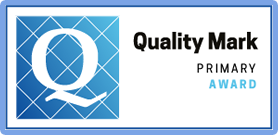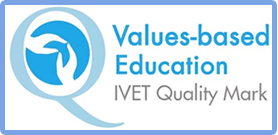P.E.
Physical Education is ideally placed to support children’s all-round development. As well as developing physical skills, PE teaches children intellectual skills, helps them navigate complex social situations, and nurtures their emotional development.
Intent
Physical education develops the children’s knowledge, skills and understanding, so that they can perform with increasing competence and confidence in a range of physical activities. These include dance, games, gymnastics, swimming and water safety, athletics and outdoor adventure activities. Physical education promotes an understanding in children of their bodies in action. It involves thinking, selecting and applying skills and promotes positive attitudes towards a healthy lifestyle. Thus we enable them to make informed choices about physical activity throughout their lives.
The aims of PE are:
- to enable children to develop and explore physical skills with increasing control and co- ordination;
- to encourage children to work and play with others in a range of group situations;
- to develop the way in which children perform skills and apply rules and conventions for different activities;
- to increase children’s ability to use what they have learnt to improve the quality and control of their performance;
- to teach children to recognise and describe how their bodies feel during exercise;
- to develop the children’s enjoyment of physical activity through creativity and imagination;
- To develop an understanding in children of how to succeed in a range of physical activities and how to evaluate their own success.
- To develop communication and speaking and listening skills.
- To provide children with a skillset which can be used and developed throughout their lives.
Implementation
Early Years and Reception children are taught physical development to promote co-ordination, control, manipulation and movement throughout the year through play and child-initiated activities as well as through focused activities. Foundation classes have a weekly timetabled PE lesson that focuses on spatial awareness and body management through gymnastics, games and dance activities. Additionally they participate in swimming lessons to build water safety and confidence during the summer term.
Key Stage One children are taught the knowledge, skills and understanding of PE through Dance, Games, Multi-skills and Gymnastics activities. Children are also taught swimming and water safety due to the provision of an on-site swimming pool.
Key Stage Two pupils continue to be taught the knowledge, skills and understanding of PE through Dance, Team games, Gymnastics and swimming lessons. Children also have the opportunity to develop their skills further by taking part in a residential Outdoor and Adventure trip to PGL.
Impact
Assessment
National Curriculum level descriptors are used to assess pupil’s progress. Children are assessed through formal and informal teacher assessment against core tasks and progress made is recorded on the child’s annual report. The progression of skills document is used to ensure appropriate differentiation and identify next steps.
More Able children are supported to continue to make progress and excel by using the STEP principal
S- Space. Increase or decrease the space to make the challenge harder.
T- Task. Modify the task or rules of the activity
E- Equipment. Change the equipment e.g. ball or target size.
P- People. Who is involved? Can you make smaller or larger teams?
SEND
All children receive the same opportunities within PE irrespective of gender, ethnicity, disability or special educational need. Children are taught in mixed ability and gender groups in order to develop social cohesion, confidence and raise their self-esteem.
Monitoring and Evaluation
PE provision is monitored by the Subject Leader and SLT through learning walks and informal observations. Individual feedback is given to teachers and coaches and a general overview of good practice and areas for development are discussed at staff meetings. Staff attitudes and evaluations are carried out on a regular basis to identify areas for development and improvement.
Swallowfield Primary PE Curriculum Overview
